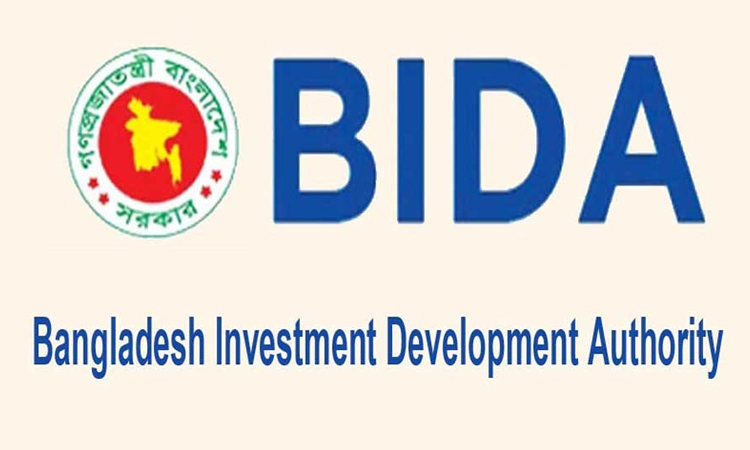News Flash

DHAKA, August 07, 2025 (BSS) - The Bangladesh Investment Development Authority (BIDA), in collaboration with Swisscontact's PRABRIDDHI project, today hosted a high-level workshop in the city to present the findings of the Municipal Competitiveness Index (MCI) 2024-positioning it as a strategic instrument to bolster Bangladesh's local investment climate.
Titled "The Role of the Municipal Competitiveness Index (MCI) in Strengthening the Investment Climate", the event brought together senior policymakers, development partners, and private sector stakeholders at the BIDA Multipurpose Hall, said a press release.
The workshop showcased the competitiveness and investment readiness of seven pilot municipalities, identifying reform pathways for unlocking economic potential at the subnational level.
The MCI, developed under the Bangladesh Investment Climate Improvement (BICI) programme and implemented by Policy Exchange Bangladesh, reflects key insights from nationwide consultations and workshops held in 2024.
The index aims to identify regulatory bottlenecks and offer a strategic roadmap for municipalities to attract investment, improve governance, and stimulate economic growth.
PRABRIDDHI - the Local Economic Development (LED) initiative - is jointly funded by the Governments of Bangladesh and Switzerland, and implemented by the Local Government Division (LGD) and Swisscontact.
Speaking as the chief guest, Chowdhury Ashiq Mahmud Bin Harun, Executive Chairman of BIDA and BEZA (State Minister rank), lauded the initiative as "timely and transformative."
"Historically, much of our investment facilitation has remained Dhaka-centric," he said. "This index helps spotlight the potential of municipalities as viable investment destinations. If we can strengthen local capacities and improve inter-agency coordination at the grassroots level, these areas will become significantly more attractive to investors," he added.
He further added that BIDA remains open to recommendations and stands ready to support initiatives that address institutional bottlenecks outside the city.
Shah Mohammad Mahboob, Executive Member (Additional Secretary), who chaired the session, emphasized the importance of embedding MCI within BIDA's long-term reform agenda.
"Institutionalizing such a tool can offer sustained insights into municipal-level challenges, guiding evidence-based policy and reform," he said.
Md Mokhlesur Rahman, Executive Member (Investment Ecosystem), and Markus Ehmann, Team Leader of the PRABRIDDHI project, attended as special guests.
Presenting the MCI findings, Dr M Masrur Reaz, Chairman of Policy Exchange Bangladesh, stressed the importance of broadening the investment lens beyond Dhaka and Chattogram.
"Earlier indices such as the World Bank's Doing Business report focused on just two cities," he said. "The MCI, supported by Swisscontact, now gives us a deeper, data-driven understanding of the business environment at the municipal level," he added.
Jibon Krishna Saha Roy, Director General of BIDA, noted that while the agency had earlier piloted reforms at the divisional level, support from Swisscontact and the LGD allowed BIDA to meaningfully engage at the local level.
"This experience underscored the urgent need to enhance the institutional capacity of local governments," he said.
Moderated by Abu Mohammad Nurul Hayat Totul, Deputy Director of BIDA, the workshop also saw participation from representatives of various ministries, agencies, and development organisations.
Panel discussions focused on key reform priorities including business entry, infrastructure, taxation, dispute resolution, and access to finance. Stakeholders underscored the need to remove local-level constraints that deter both domestic and foreign investment.
The event concluded with a collective commitment to leverage MCI insights for designing actionable local investment reforms and reinforcing coordination between national and sub-national actors.